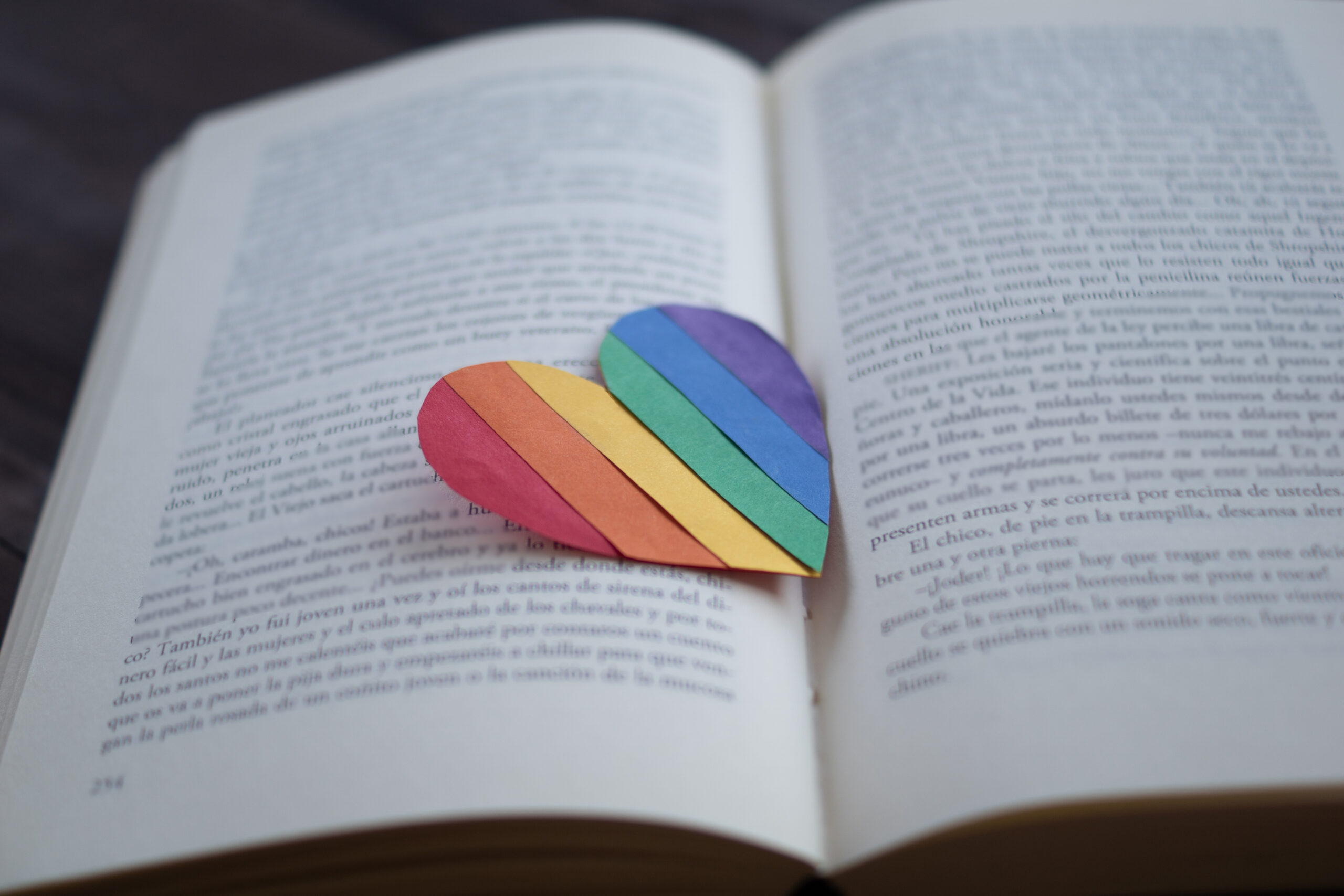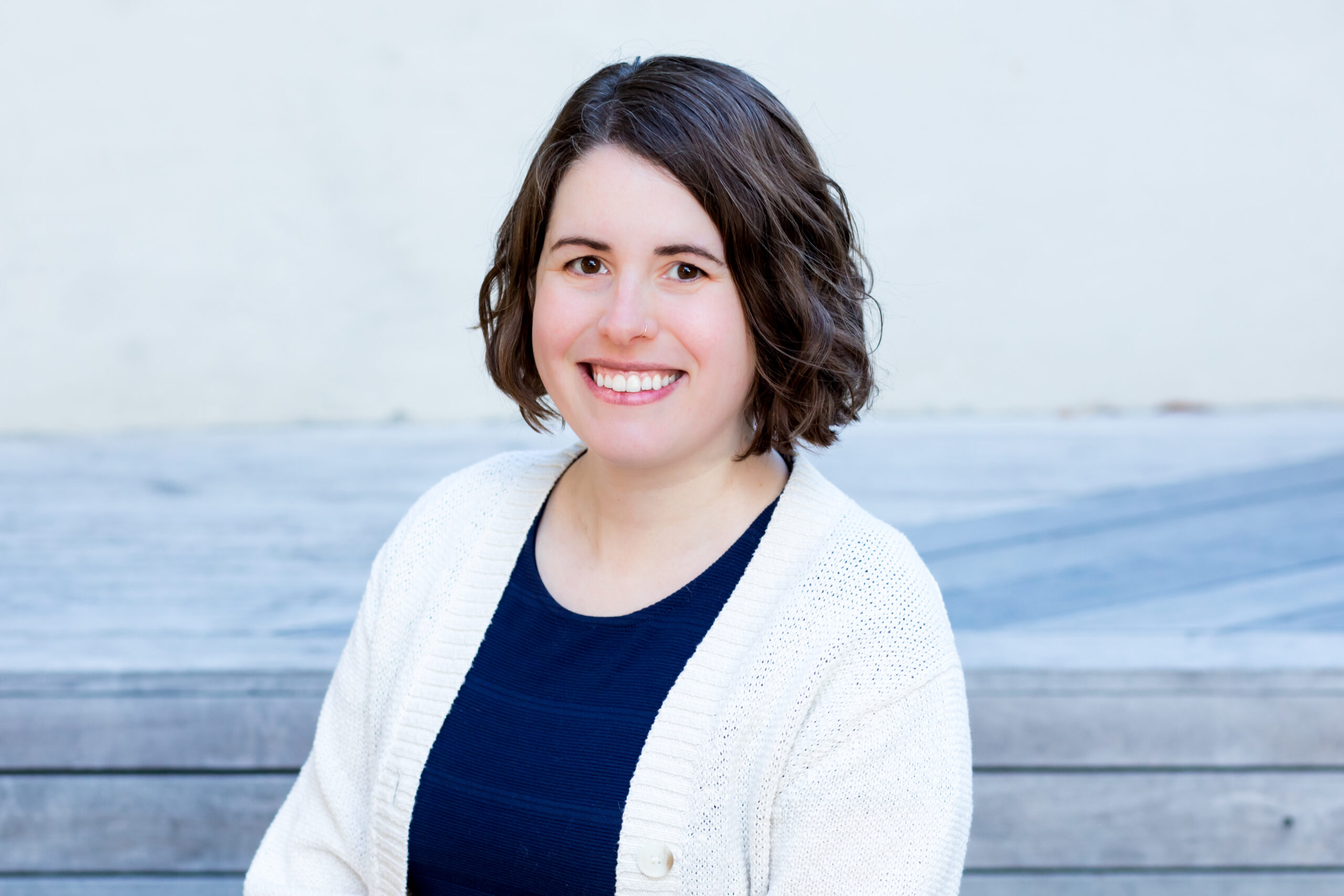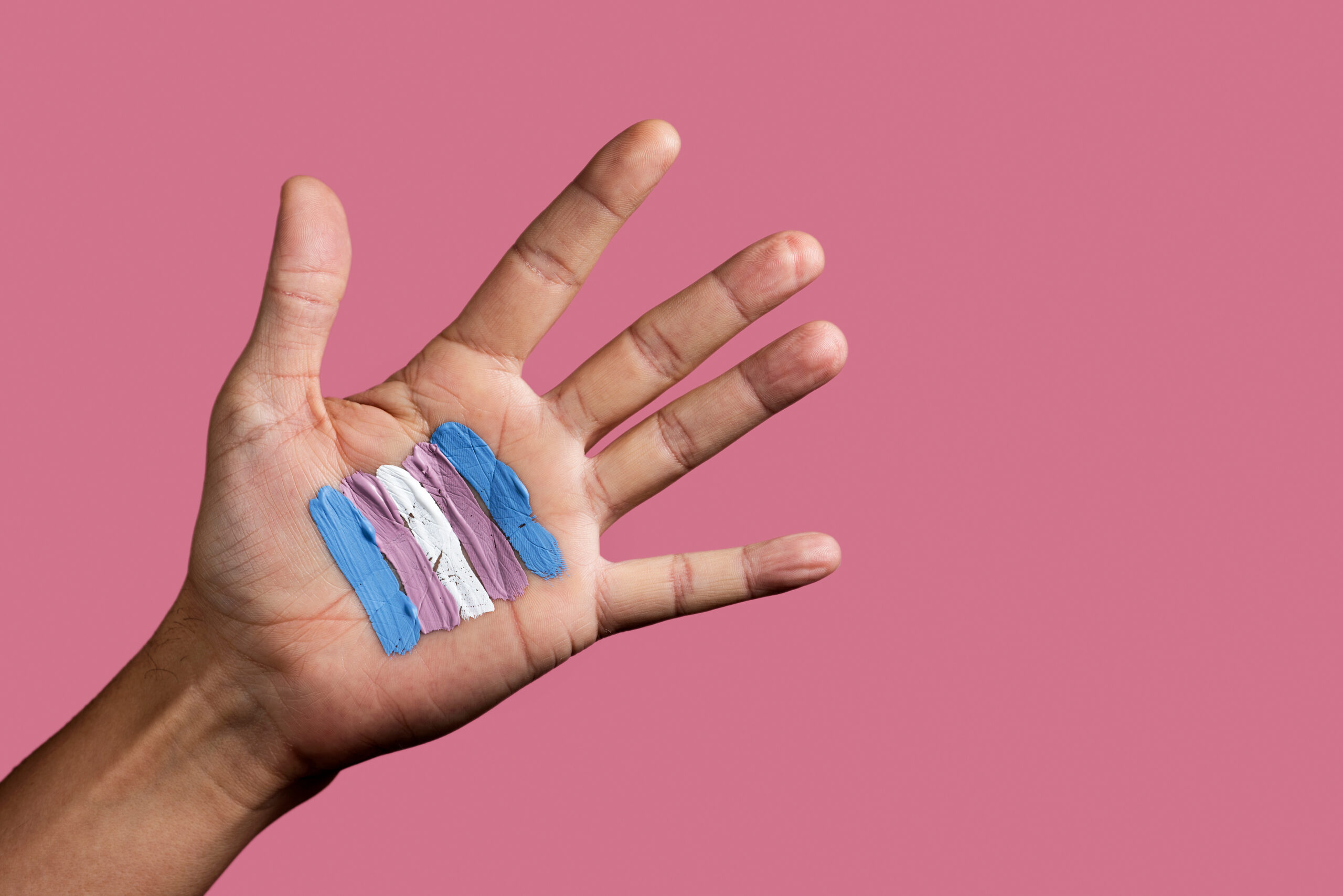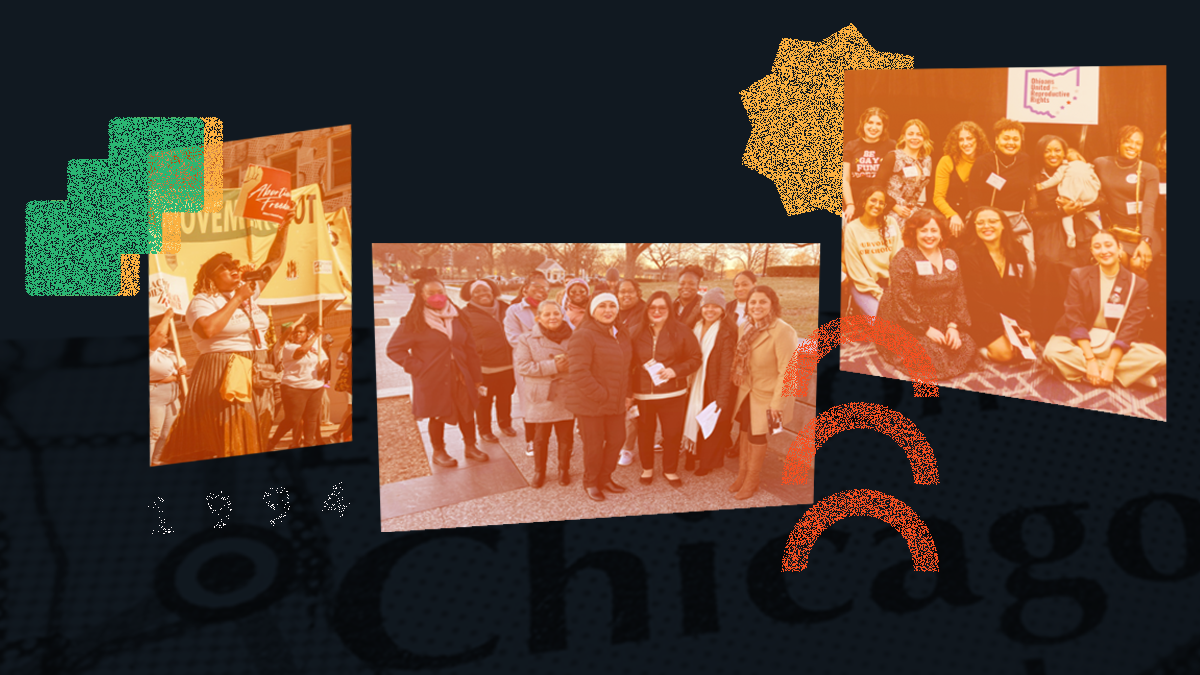Abortion rights, women of color, and LGBTQIA+ people are under attack. Pledge to join us in fighting for gender justice.
F*ck You, Book Bans! Amazing Queer Books to Read This Pride Month

Fun Home by Alison Bechdel
Kat Menefee
Before I talk about Fun Home—the often-banned autobiographical graphic novel by Alison Bechdel—I first have to talk about The Kids Are Alright, the 2010 lesbian movie with Annette Bening and Julianne Moore. 2010 wasn’t that long ago, but back then queer women mostly weren’t in movies, and if they were, they mostly died. I didn’t know any queer women well in real life, and where I grew up lesbianism was generally either a joke or a pejorative. It felt impossible to reconcile the things I wanted—a family, a career—with a future in which I wasn’t straight.
But then, in The Kids Are Alright, Bening and Moore were married. They had careers. They had kids. The movie ended, not with their deaths, but with their daughter leaving for college, both of them crying the way my mother had when she’d dropped me off two years before.
It was a life I recognized, a life I wanted. I came out later that year.
In Fun Home, Bechdel puts this kind of moment into beautiful images and words. She depicts how, at 5 years old, already fed up with having to wear dresses and barrettes, she was riveted by the sight of a butch lesbian working in a diner. The woman had a man’s haircut and wore a man’s shirt. The woman was everything Bechdel wanted to be—and would eventually become:
“But like a traveler in a foreign country who runs into someone from home—someone they’ve never spoken to, but know by sight—I recognized her with a surge of joy.”
This is what The Kids Are Alright was for me, what queer books and media are for millions of kids, and what is taken away when queer books are banned: opportunities for joyful recognition.
Heartstopper by Alice Oseman
Caitlin Panarella
Some of my favorite queer books are the Heartstopper series by Alice Oseman. I adore these books for so many reasons: They’re colorful, joyful, and unapologetically queer. The graphic novel series—which has been turned into an incredible show on Netflix—is one of the most wholesome and well-rounded representations of queer teens I’ve ever seen. The cast of characters includes Nick, a popular boy who’s figuring out his sexuality; Elle, a Black trans girl who may have a crush on her best friend; Charlie, a shy boy who’s crushing on Nick; Tao, their “token straight friend”; and Tara and Darcy, two girls who are starting to be open about their relationship at school.
The books also tackle some heavy topics, such as bullying and mental illness. But the heart of the stories is the friendship and love these characters have for each other. The books have so many teachable moments for teens (and everyone, honestly) about how to support your friends even if you don’t understand what they’re experiencing.
These books unfortunately have been the target of recent censorship and book bans in Florida. But their message of queer friendship is one that will always have value. Even more, the books show that despite living in a world with homophobia and transphobia, so much can change if kids have support from their families, friends, communities, and schools. School is the place a child should be able to come to explore their identity safely—not have it stigmatized.
Black Girl, Call Home: Poems by Jasmine Mans
Gemma Simoes Decarvalho
Don’t read this book if you’ve ever loved someone. (Take note of the past tense).
Read this book if you’re looking for a poetic excuse to text your ex. (On a Sunday morning that you used to spend in bed, in no rush, next to them).
Actually, no matter if your heart is broken or newly renovated, you have to read this book.
Yes, I’m being demanding. Because this is a beautiful collection about race, feminism, and queer identity. Because, as poet Jericho Brown put it, when you hold this book, “You are carrying in your hands a Black woman’s heart.”
That’s why I love this book—for its heart. For the devastating importance Mans gives to queer love and queer loss, which are too often ignored or diminished.
I love Mans’ depictions of heartbreak:
“Because a broken heart
feels like poisoned butterflies
taking their last flutters
right in the pit of your stomach.”
But even more so, how Mans shows that—even when broken and despite your best efforts—love refuses to end:
“I will love you
even after
you change your mind
about me.”







